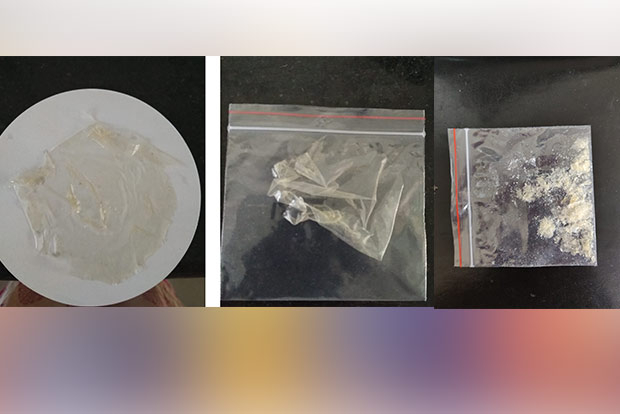Begin typing your search...
Researchers make biodegradable plastic bags from shrimp shells
With less than a couple of weeks left before the state government imposes a complete ban on plastics, research students in the city have found a way to create low-cost biodegradable bags developed from shrimp shells.

Chennai
While explaining the process, PhD student S Suganya from SSN Institution, who developed the bags with associate professor Dr P Senthil Kumar, said that the key ingredient to these biodegradable bags is chitosan.
To extract it, shrimp shells are boiled in acid to dissolve the calcium carbonate which makes them brittle. It is then boiled in an alkaline liquid to remove its protein molecules and what’s left behind is an oil-based plastic-like material, chitosan.
“Once the chitosan is extracted, it is treated with zinc oxide to create a thin film,” said Suganya. Lichen is a symbiotic association between fungi and algae and are mostly found in hilly areas, she added.
“We have been focussing on using a biological approach to create bioplastic films from renewable, low-cost raw materials or from waste. This approach is different as usually other researchers use chemical methods for the same outcome,” she added.
Senthil Kumar said the bags prepared with this technique are not only more durable than plastic but can also begin to decompost after 60 days.
“They can be priced between Rs 2 and Rs 5, depending upon the size,” Kumar said.
Considering that India, a major producer of seafood, produces 1,000 tonnes of shells as bio-waste, this method would help people get a better alternative for plastic and reduce waste, he added.
“Two to four grams of chitosan is enough to make three bioplastic grocery bags. Similarly, 300 tonnes of shells can be converted into 15 tonnes of chitosan,” Kumar said.
Visit news.dtnext.in to explore our interactive epaper!
Download the DT Next app for more exciting features!
Click here for iOS
Click here for Android
Next Story



